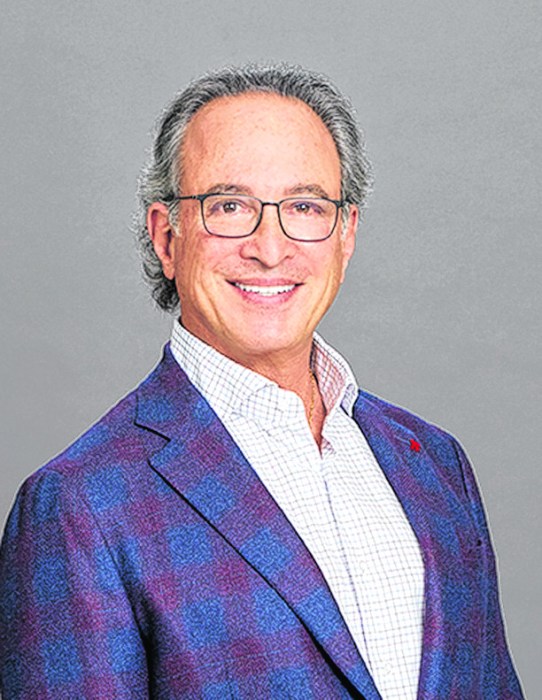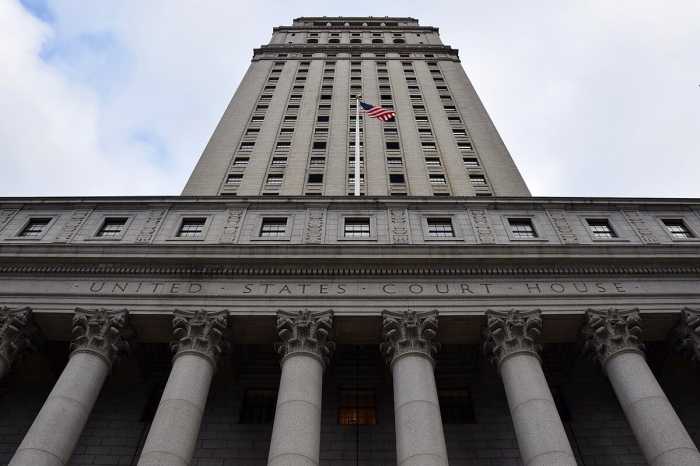The Fifth Horseman
Deregulation — it has become the catchword for reformers about everything that is wrong with our world. With this one unrighteous, iniquitous act our economy in 2008 was sent into a tailspin from which it has still not recovered. Like original sin, deregulation has polluted the soul of the economy and the unholy and ungodly effects have left in their wake a bloodied economy.
Like a lot of mythmaking, this story has a compelling narrative fraught with storybook villains and good old-fashioned cupidity. The evidentiary standards for such conclusions would never stand up in a court of law. In the court of public opinion, however, it is virtually a slam dunk case. But who needs evidence when you have as an appetizer a juicy story of plutocrats who had thickly buttered their greed on a doughy slice of American naiveté? It’s the grassy knoll factor of these stories that are so enticing to the public imagination. Malevolent forces conspiring to wreak havoc upon the good have always found a large and susceptible audience. This November it will be 50 years since President Kennedy was assassinated and still 4 out of 5 Americans believe that it was a conspiracy despite there being overwhelming evidence that Lee Harvey Oswald acted alone.
So it is with the idea that the economic crisis that befell us in September of 2008 was the dirty workings of stealthy, rapacious mercenaries who had sweetheart deals with the banks. But the idea that the economic crisis was brought about by the injudiciousness and even recklessness of deregulation cannot be sustained much less flattered by the facts. While Republicans, the so-called proponents of deregulation, have always talked a great game on regulation they are more garrulous than proactive. Looking over the last half century, government regulations have indeed tripled, but breaking it down to its most basic statistics we find some interesting nuggets to chew on. Regulations soared in the 1960s and ’70s but declined some, as one would expect, under Ronald Reagan. They were back up under George H.W. Bush, back down with Bill Clinton who was actually serious about deficit reduction, but then back higher with George W. Bush. The weight of evidence is that one cannot categorize one political party as the deregulation party since the record is decidedly mixed.
The economist George Stigler stated that regulators tend not to be successful because they inevitably become puppets of the firms they are supposed to be regulating. Stigler has pointed out that regulation actually grew in the period leading up to the 2008 economic meltdown. This is an inconvenient fact for those who are intent on seeing deregulation as a Fifth Horseman of the Apocalypse.
In 1996, Bill Clinton, a Democrat, famously proclaimed that the era of Big Government is over. Not quite. Like the lyrics in the famous Pop song, “MacArthurs Park,” the wedding cake has been left out in the rain. The country has changed culturally, economically and politically. The upshot is that family, tradition, authority and the Constitution are all weaker. We are much less inclined to regulate our own behavior and much more prone to regulate economies and business practices.
If we overtax and overregulate the entrepreneur, that will not only hurt business but it will also hurt the consumer in the form of less goods and higher prices. It’s a self-inflicting wound. When George McGovern, who in many ways epitomized a statist politician, lost his senate seat in 1980 he ventured out into the world as a small time capitalist. He was astonished how the morass of regulation he had so exuberantly supported had straitjacketed his best efforts at every turn. The biggest obstacle in beginning any new business is access to capital; the second biggest hurdle is a roiling sea of regulations.
What would Henry Ford and Thomas Edison have done or, rather, what wouldn’t they have done if they lived in today’s world with its cataract of regulations? Business spends enormous sums of money and time on food, safety and labor. People see regulators almost as benign despots; they fails to see the many costs that they unnecessarily impose upon society often to justify their own existence. Regulators create neither capital nor jobs, they are often the panjandrums of American political society; the apparatchiks who are a permanent fixture in a deep, settled infrastructure.
This isn’t an argument against all government regulation, only that its benefits are vastly overrated and not infrequently inimical to the economic expansion that a nation with soaring debts, like ours, is desperately in need of. There are three things that are placing barriers in front of the economy: Uncertainty in fiscal policy; uncertainty in monetary policy and uncertainty about mounting regulations. The sedative that is needed to calm nerves and reduce investor anxiety can be voiced as follows: “Less government involvement — less government spending and an honest effort to manage the nation’s debt.” It’s hard to build business confidence when our public debt has doubled over the last 4 years. Shouldn’t that by now be obvious to our president and our lawmakers in Congress?
































